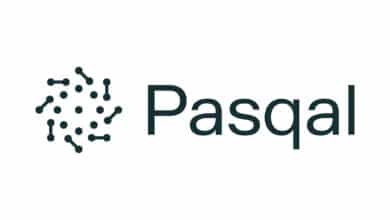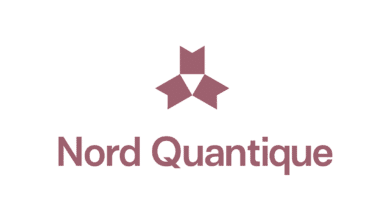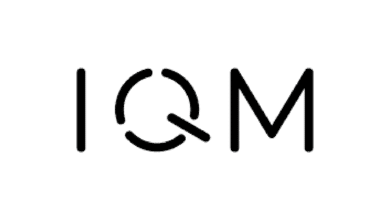All Quantum Computing Companies Posts
-
Quantum Computing Companies
Fujitsu
Fujitsu, a Japanese IT and computing giant, has emerged as a serious player in quantum computing through a multi-pronged strategy spanning cutting-edge quantum hardware and quantum-inspired annealing solutions. The company is pursuing one of the most ambitious quantum roadmaps to date - developing a 10,000+ qubit superconducting quantum computer by 2030 - with a focus on achieving practical advantage using fault-tolerant logical qubits. Fujitsu’s approach…
Read More » -
Quantum Computing Companies

Rigetti
Rigetti Computing is a full-stack quantum hardware company specializing in superconducting qubit processors. Rigetti’s qubits are implemented as Josephson-junction-based circuits (transmons) operated at milli-Kelvin temperatures inside dilution refrigerators. This platform offers extremely fast gate speeds (on the order of tens of nanoseconds) and leverages mature semiconductor-fabrication techniques for scalability. Rigetti’s strategy centers on scaling up superconducting qubit counts while improving fidelity and pursuing quantum error…
Read More » -
Quantum Computing Companies

QuEra Computing
QuEra Computing is a Boston-based quantum computing company pioneering neutral-atom quantum processors. Built on research from Harvard and MIT, QuEra operates the world’s largest publicly accessible quantum computer (the 256-qubit Aquila system on Amazon Braket) and is aggressively pursuing fault-tolerant architectures. In early 2025 QuEra secured a major $230 million financing (with investors like Google and SoftBank) to accelerate development of a “useful” fully-fledged quantum computer…
Read More » -
Quantum Computing Companies

PsiQuantum
PsiQuantum is a Silicon Valley-based startup taking a fundamentally different approach: photonic quantum computing. Their goal from the outset has been to build a large-scale, fault-tolerant quantum computer using photons, and they famously stated they need on the order of 1 million physical qubits (photons) for this and intend to achieve that by the late 2020s. While extremely secretive, some information has emerged through their…
Read More » -
Quantum Computing Companies

Pasqal
Pasqal is a French pioneer in neutral-atom quantum computing, building large, reconfigurable arrays of laser‑trapped Rydberg atoms and delivering them as on‑prem accelerators for HPC centers and industrial labs. Unlike many peers that separate “today’s NISQ” from “tomorrow’s FTQC,” Pasqal’s strategy is explicitly continuous: ship useful analog/digital processors now, and upgrade the same platform - via photonic‑integrated control, higher fidelities, and modular scaling - into…
Read More » -
Quantum Computing Companies

Nord Quantique
Nord Quantique is a Canadian quantum computing startup (founded in 2020 in Sherbrooke, Quebec) focused on building fault-tolerant quantum computers through innovative hardware design. The company’s mission centers on overcoming the main bottleneck in quantum computing - quantum error correction - by integrating error resilience directly into the hardware architecture. Unlike conventional approaches that require large numbers of physical qubits to encode a single logical…
Read More » -
Quantum Computing Companies
Microsoft
Microsoft’s quantum program is defined by a long‑bet on topological qubits - Majorana‑based devices designed to suppress errors at the hardware level - paired with a near-term, market-facing push through Azure Quantum. Publicly, Microsoft frames its roadmap in three phases: Foundational (prove and control Majorana modes), Resilient (demonstrate error-corrected logical qubits on a small system), and Scale (manufacture at CMOS-like volumes to reach millions of…
Read More » -
Quantum Computing Companies
IQM
IQM Quantum Computers is a Finland‑based hardware company building superconducting (transmon) quantum processors with a distinctly European strategy: deliver on‑premises systems tightly integrated with high‑performance computing (HPC) centers while co-designing architectures for error correction and, ultimately, fault tolerance. Rather than focus on cloud-only access or headline qubit counts, IQM emphasizes deployable machines, open low-level control for researchers, and chip topologies tailored to quantum error-correcting codes.…
Read More »


